Guides
Follow these guides as your benchmark to build your next inclusive websites and mobile apps.
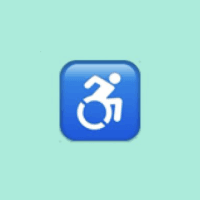
Guide
Provide buttons with a large target size
Large buttons (44 px) are accessible for people with physical disabilities who have dexterity needs.

Motion
Accessible design - How much motion is too much motion?
A process breakdown of how to create Accessibility compliant interaction design within a framework.

Guide
Accessibility Myths
Show this website to your manager.

Guide
Inclusion as part Apple's Human Interface Guidelines
An inclusive app puts people first by prioritizing respectful communication and presenting content and functionality in ways that everyone can access and understand.
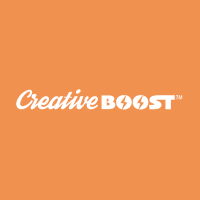
Guide
Alt-text for Images
Confused by Alt-text for images for document and web accessibility? Find out which images need Alt-text, how to write good Alt-text, how long it should be and how to add it to web and InDesign images. Also find out lots of Alt-text do’s and don’ts.

Guide
Colorblind Accessibility Manifesto
Although it may seem that color blind people are few, there are actually 350 million. 50 million people you’re closing the door on when you don’t make your site accessible.

Guide
Alt-texts - The Ultimate Guide
An alt-text is a description of an image that’s shown to people who for some reason can’t see the image. Among others, alt-texts help - people with little or no vision, people who have turned off images to save data, and search engines.

Guide
Improve The Accessibility of Your Designs With ARIA
Imagine if you clicked on a checkbox and instead of the square filling in or turning into a check, you saw it behaving like a dropdown, giving you other options and selections to choose from.

Guide
Accessibility guidelines for UX Designers
As a UX designer, it is important to build empathy and celebrate accessibility requirements as a set of design constraints to build a better product.

Guide
Tips for Designing Website with Accessibility
Accessibility is one of the things that designers always keep in mind while designing the user interface either for the web or for apps. In this article, I'll teach you some of the tips that help you in designing for the web particularly.

Guide
What are the Don’ts and Do’s when Creating Accessible Designs
Improving accessibility for users with disabilities often benefits everyone. That’s why sometimes the line between usability and disability is blurry. Designs that are hard to use by average users can be impossible to use by users with disabilities.

Guide
Should I Use An Accessibility Overlay?
The consensus of many people with disabilities, the web design and development community, and legal voices in this space, are that accessibility overlays are not useful on a website for the following reasons
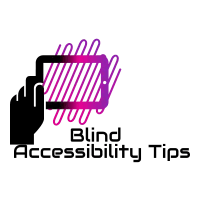
Guide
Blind Accessibility Tips
A virtual platform where the blind and visually impaired can come and sharpen their information technology skills

Guide
Designing for accessibility and inclusion - from compliance to inclusion
Accessibility guidelines are essential for making life better for disabled customers, but they’re just the start of your accessibility journey. Here’s how to embed inclusive design and start providing better digital products and services.

Guide
A guide to accessible design for connected products and services
The guide explains each POUR principle in-depth, how designers can avoid common accessibility issues by looking at good and bad examples and how the topic of privacy is connected to IoT accessibility.

Guide
Accessibility audits - How to do an Audit
Accessibility audits might seem daunting, but they don't need to be – and they’re a great place to start your accessibility journey.

Guide
Thinking about accessibility— a few tips to make a difference
It's time to look into a few tips that can quickly get you up and running with accessibility in mind. After all, it's not that scary as you might have thought. Time to make a difference.

Guide
A Complete Guide To Accessibility Tooling
A sustainable and holistic accessibility process might involve having the whole team use tooling to catch as many of these errors as possible early on in the process, instead of leaving it all for testers and disabled users to find and report these issues later.

Guide
Tips on designing inclusively for speech impediments
Problems, behaviors, needs & tools, plus design guidelines for building accessible products.

Guide
Accessibility Testing the Payment Journey
We needed to understand how accessible the service was for people who use assistive technology. Doing this testing is one of the things that helps us to write an accessibility statement which is one of our legal requirements as a public sector organisation.

Guide
Tips on designing inclusively for auditory/hearing disabilities
Problems, behaviors, needs & tools, plus design guidelines for building accessible products.

Guide
Disability Access Symbols
Learn more about disability and disability symbols

Guide
Tips on designing inclusively for visual disabilities
Problems, behaviors, needs & tools, plus design guidelines for building accessible products.

Guide
Tips on designing inclusively for cognitive disabilities
Problems, behaviors, needs & tools, plus design guidelines for building accessible products.

Guide
Tips on designing inclusively for physical disabilities
Problems, behaviors, needs & tools, plus design guidelines for building accessible products.

Guide
How to Talk about Autism
The most important thing to remember is that many autistic people see their autism as a fundamental part of who they are, so it’s important to use positive language. And, if you are referring to a particular person or group, ask them how they would prefer to be described.

Guide
Digital accessibility standards by Co-op
Co-op digital accessibility standards, no one should be prevented from interacting with us or using our services. We believe in removing barriers. To help us do this, we must meet these standards.

Guide
Guide to talking about people, including deaf and blind
National Institute for Health and Care Excellence put this style guide together to help us all write consistently.

Guide
Color Blindness Considerations for Designers and Content Managers
Tell your potential colorblind and older customers that you are thinking about them by following some of the simple guidelines suggested in this article to make your content readable by everyone.

Guide
Modern CSS Upgrades To Improve Accessibility
Accessibility is a critical skill for developers doing work at any point in the stack. For front-end tasks, modern CSS provides capabilities we can leverage to make layouts more accessibly inclusive for users of all abilities across any device.

Guide
How People with Disabilities use Links
While screen readers can read a full page to a user, screen reader users may prefer to instead listen to a list of links. In that case, a screen reader may only read the link text and not the surrounding text.

Guide
How to Use Accessibility Tools to Easily Level-Up Your Writing
3 surprising ways accessibility settings make your writing better.
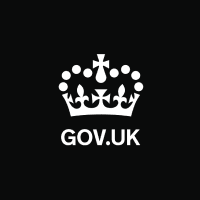
Guide
Service Manual - GOV UK
Helping teams to create and run great public services that meet the Service Standard.

Guide
Designing for the autistic community
Product design principles that will improve usability for everyone.

Guide
Taking a no-motion-first approach to animations
Animations help to breathe life into interactive experiences. Animations, especially when overused and abused, can make people very ill.
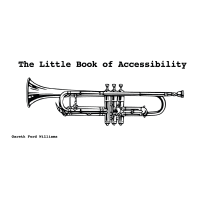
Guide
The little book of accessibility
This is a little book of quips, tips, affirmations, and truths that have helped me shape the BBC’s strategy and embed accessibility into its culture.

Guide
Access Guide
Access Guide is a friendly introduction to digital accessibility - specifically to help understand WCAG 2.1 (Web Content Accessibility Guidelines), the official resource for legal compliance.

Guide
How To - Write Alt Text
Great examples on how to write all text.
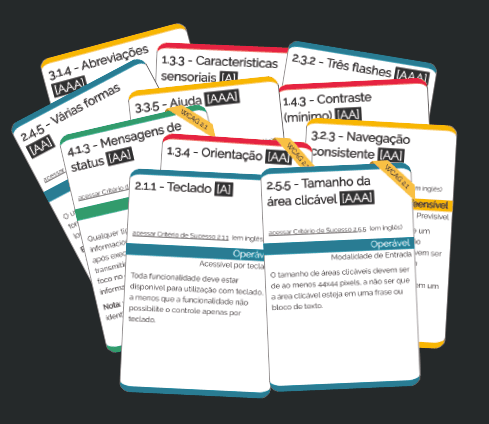
Guide
WCAG easy!
Understand once and for all how to properly apply WCAG in your digital products.

Guide
Inclusive teaching - audio describing your own presentations
Here’s some practical tips and examples that show how some small changes in the language you use can make a significant difference for people in the audience that benefit from your descriptions of the visuals.